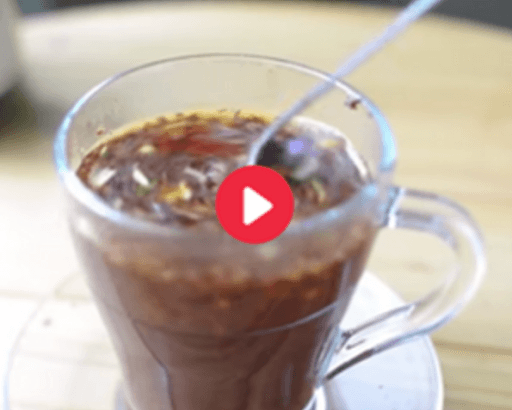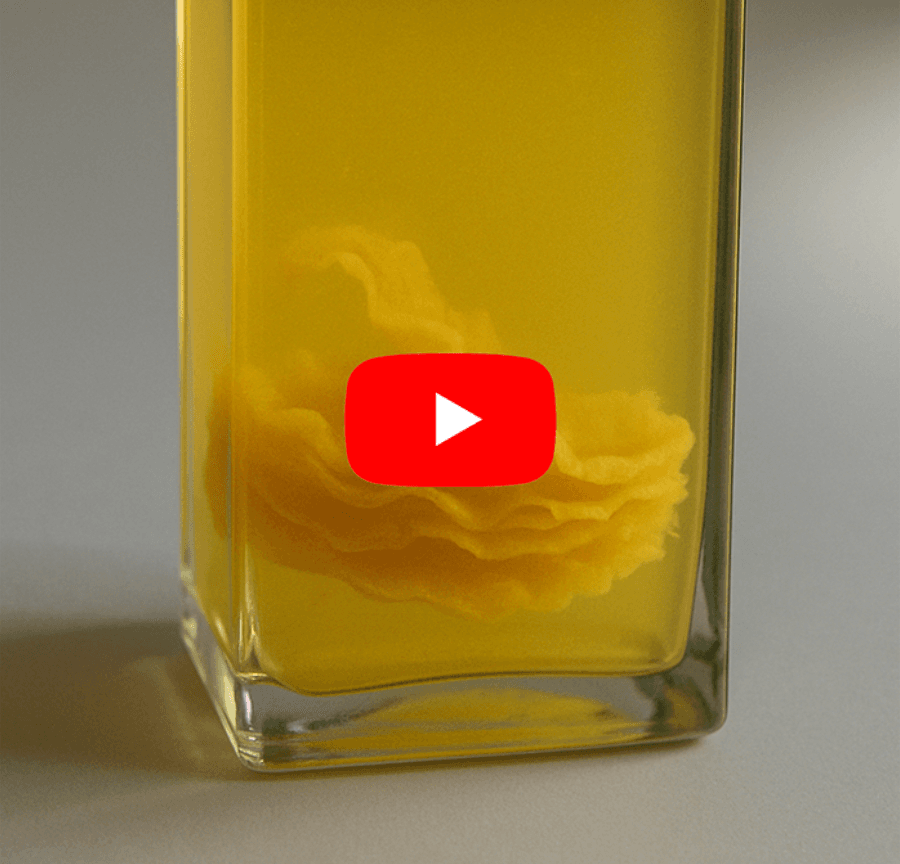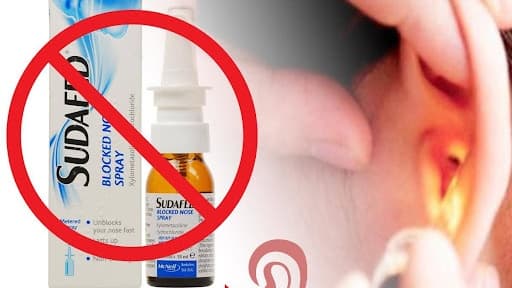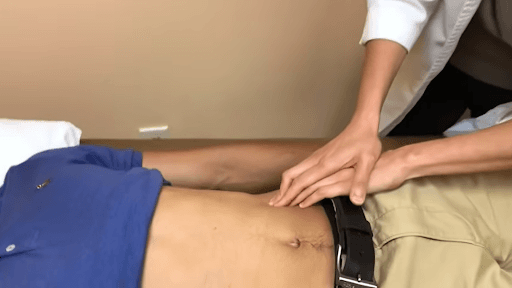Is Creatine the Secret to Stronger Bones & Muscle After 40 For Women
While often discussed in the context of bodybuilding, creatine has surfaced as a potential aid in a variety of health challenges. Emerging research reveals its benefits extend far beyond muscle gain.
During the transition through perimenopause and menopause, women often experience issues such as brain fog, fatigue, muscle loss, increased insulin resistance, inflammation, and bone density loss.
Increasing evidence suggests that creatine may alleviate these discomforts. For instance, one study showed that postmenopausal women taking creatine exhibited improved mood and mental health.
Researchers are exploring creatine's effectiveness as part of medical assistance in treating depression and bipolar disorder, integrating it into therapeutic regimens with promising outcomes.
Creatine enhances the treatment's effectiveness, boosting resilience and improving clinical outcomes in patients.
One particularly exciting area of research involves creatine's impact on neurodegenerative diseases like Huntington's. This condition, akin to "Alzheimer's on steroids," sees noticeable improvement when kidney-intake molecules like creatine hydrochloride provide energy to neurons.
Dr. Lily Yang's research into T-cells highlights the role of creatine in maintaining cellular energy, helping the body combat chemo-induced fatigue, and "chemo brain," thereby supporting natural defense systems against ongoing cancer threats.
A more relatable use for everyday life involves using creatine to manage travel-induced havoc, such as jet lag. It appears this supplement allows travelers consistently on the go to transition across time zones seamlessly, even under extreme jet lag pressures.
Despite its benefits, misinterpretation of a 2009 study previously linked creatine to elevated levels of dihydrotestosterone (DHT), associated with hair loss.
However, subsequent studies refute these findings, illustrating no link between creatine use and hair loss. Rather, creatine promotes healthy cell function across a range of types, including dermal cells.
Interestingly, while worries about hair loss have been debunked, evidence indicates benefits in boosting male vitality, attracting interest from men and women alike for its diverse health potentials.
From Around The Web
Wellness Inbox is a blog & weekly newsletter that curates trending news and products related to health and wellness from around the web. We also gather content from various sources, including leading health professionals, and deliver it directly to you.
Please note that we may receive compensation if you purchase any products featured in our newsletter. Wellness Inbox is not affiliated with, nor does it endorse, any health professionals whose content may appear in our newsletter. The information provided is for general informational purposes only and should not be considered medical advice.
The information provided is not intended to replace professional medical advice, diagnosis, or treatment. All content, including text, graphics, images, and information available is for general informational purposes only. We do not guarantee the accuracy or completeness of any information presented and assume no liability for any errors or omissions. The content is subject to change without notice. We encourage you to verify any information with other reliable sources and consult your physician regarding any medical conditions or treatments.







